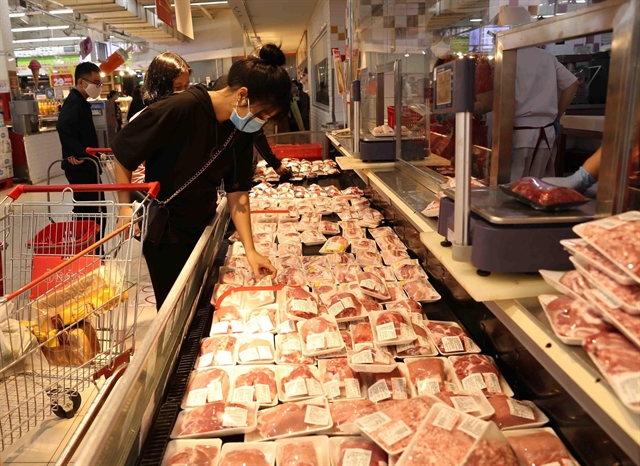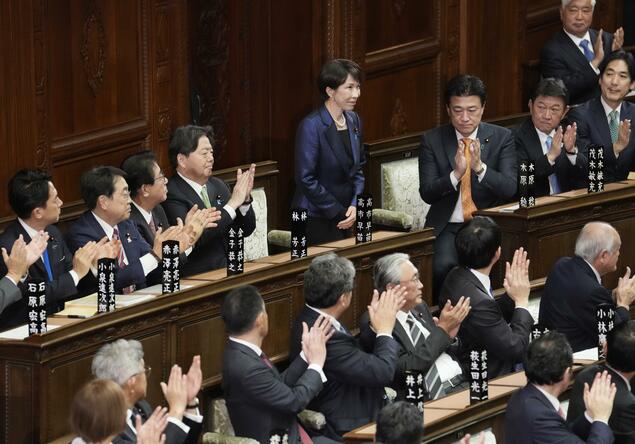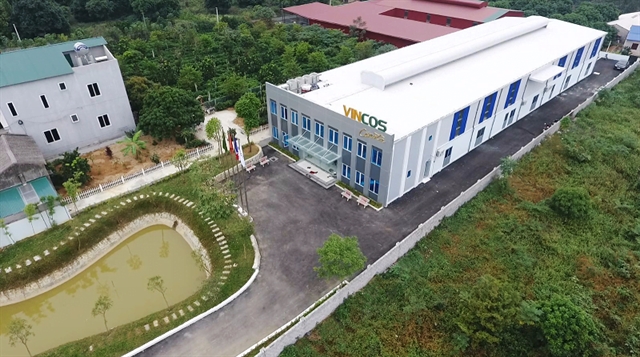 Economy
Economy


|
| Việt Nam increased import of pork last year to ensure supply and cool off domestic prices. — VNA/VNS Photo |
HÀ NỘI — Việt Nam imported more than 141,000 tonnes of pork worth US$334.4 million in 2020, representing a rise of 382 per cent and 500 per cent over the previous year, respectively, customs statistics showed.
The increase in imports was to make up for the shortage in pork supply caused by African swine fever which pushed up domestic prices in the first months of 2020.
The pork was mainly imported from Brazil, Russia, Poland, the US and Canada. Brazil was the largest exporter of pork to Việt Nam last year, accounting for 24.5 per cent of the import volume.
The average pork import price was US$2.2 per kilo.
According to the Ministry of Agriculture and Rural Development, Việt Nam approved 25 countries to export livestock and poultry meat to Việt Nam, including more than 800 enterprises from 19 countries allowed to export pork to Việt Nam.
Việt Nam imported more than 43,300 pigs for breeding, mainly from Thailand, Canada, the US, Denmark and Taiwan.
Live hog prices tended to increase in many provinces across the country from early January due to increases in consumption demand ahead of Tết (Lunar New Year) to around VNĐ80,000 – 84,000 (US$4) per kilo, around VNĐ5,000 higher than the end of December.
However, in recent days, pork prices decreased by around VNĐ1,000-5,000 per kilo.
Nguyễn Văn Trọng, Deputy Director of the ministry’s Department of Livestock Production, said pork prices dropped in recent days because processing companies reduced their purchases as they had enough goods for consumption during Tết.
The enhanced prevention against smuggling of pork to China together with the increase in supply also helped lower pork prices.
Now Việt Nam had 27.3 million pigs, an increase of 21 per cent over a year ago and equivalent to 88.7 per cent of the time before the disease occurred.
The Ministry of Industry and Trade said that early preparations were made to ensure enough supply of pork for Tết with many enterprises launching price stabilisation programmes. — VNS




